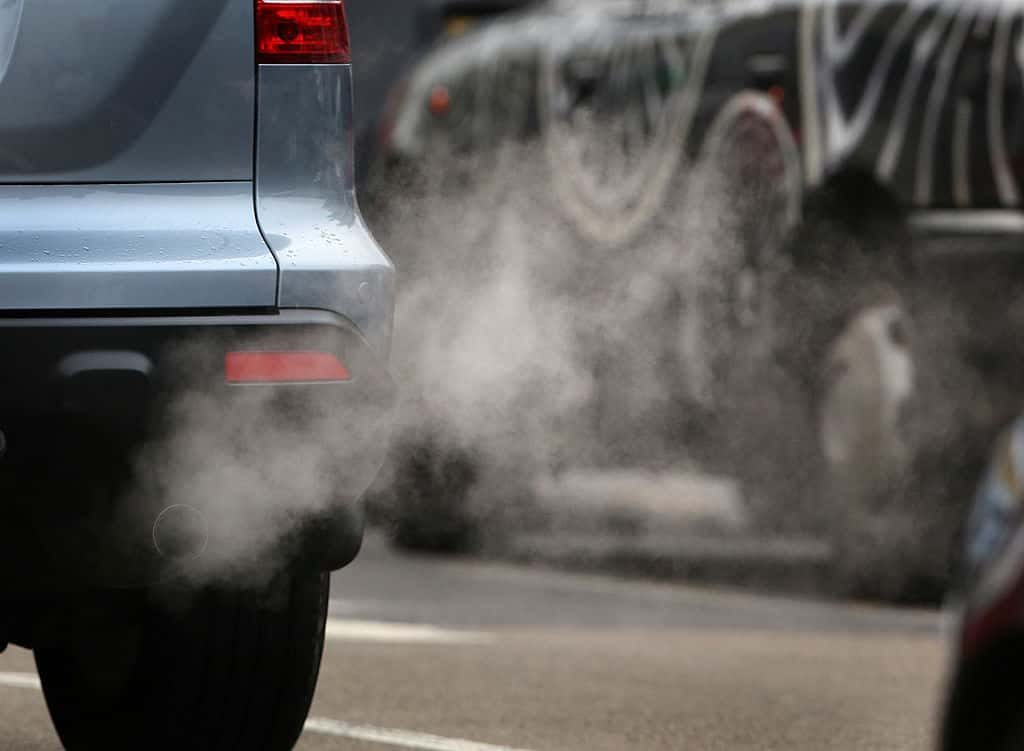Air pollution poses the biggest risk to human health, could lower life expectancy by nearly two years: Report

Air pollution posed the "greatest" threat to humankind before the Covid-19 pandemic took off. And according to a new report, people breathing in poor quality air could have their life expectancy reduced by nearly two years in the future as well, if corrective measures are not taken now. The report comes from the University of Chicago's Air Quality Life Index (AQLI), a research group that studies the link between human exposure to air pollution and life expectancy. The investigators make a case for implementing policies to address the issue.
“As countries today try to balance the dual goals of economic growth and environmental quality, the historical lesson from around the world is that policy can reduce air pollution in a wide variety of political contexts,” says Michael Greenstone, who created AQLI, along with his colleagues at the University of Chicago. “The AQLI makes clear that the benefits are measured in longer and healthier lives.” Posing the biggest threat is particulate matter, tiny floating pollutants released from the burning of fossil fuels. Their effects on life expectancy, the researchers said, are much worse than HIV, smoking and even war. According to the World Health Organization (WHO), nine out of 10 people breathe air containing high levels of pollutants, and around seven million people die every year due to polluted air.
The four most polluted countries — India, Pakistan, Nepal and Bangladesh — could see their lifespans declining by over five years. Southeastern Asian countries are also bearing the brunt as the particulate matter content in the atmosphere also far exceeds the WHO limit.

China showed some progress, as did the United States, Europe and Japan. The researchers attribute their success to strong policies. For instance, the Chinese government declared a war against air pollution in 2013. Since then, the country has reduced its particulate pollution levels by nearly 40%. “The good news is that there is now a track record of countries deciding to take action and succeeding in cleaning the air,” says Greenstone. Still, parts of the US, Europe, Japan and especially China, have pollutant levels that can harm human health. The world is now trying to stop the Covid-19 pandemic. “Though the threat of coronavirus is grave and deserves every bit of the attention it is receiving — perhaps more in some places — embracing the seriousness of air pollution with a similar vigor would allow billions of people around the world to lead longer and healthier lives,” Greenstone added.
Further, one previous study has suggested that people inhabiting regions with high levels of particulate matter face a greater risk of death from Covid-19. Other studies have linked pollutants to diseases such as dementia, respiratory problems, stroke, heart ailments and cancer. “The reality is, no shot in the arm will alleviate air pollution. The solution lies in robust public policy. The AQLI tells citizens and policymakers how particulate pollution is affecting them and their communities and can be used to measure the benefits of policies to reduce pollution," he explained.